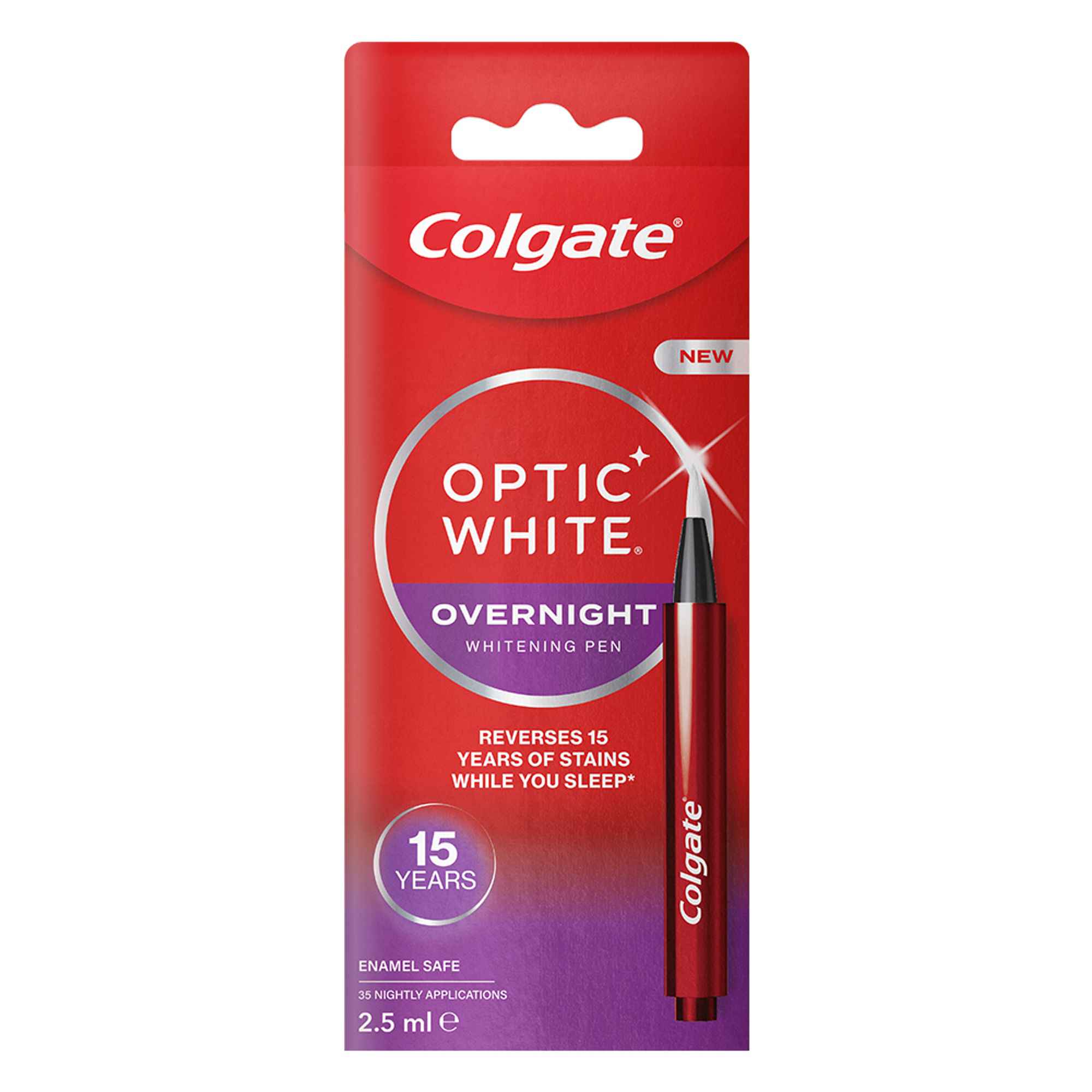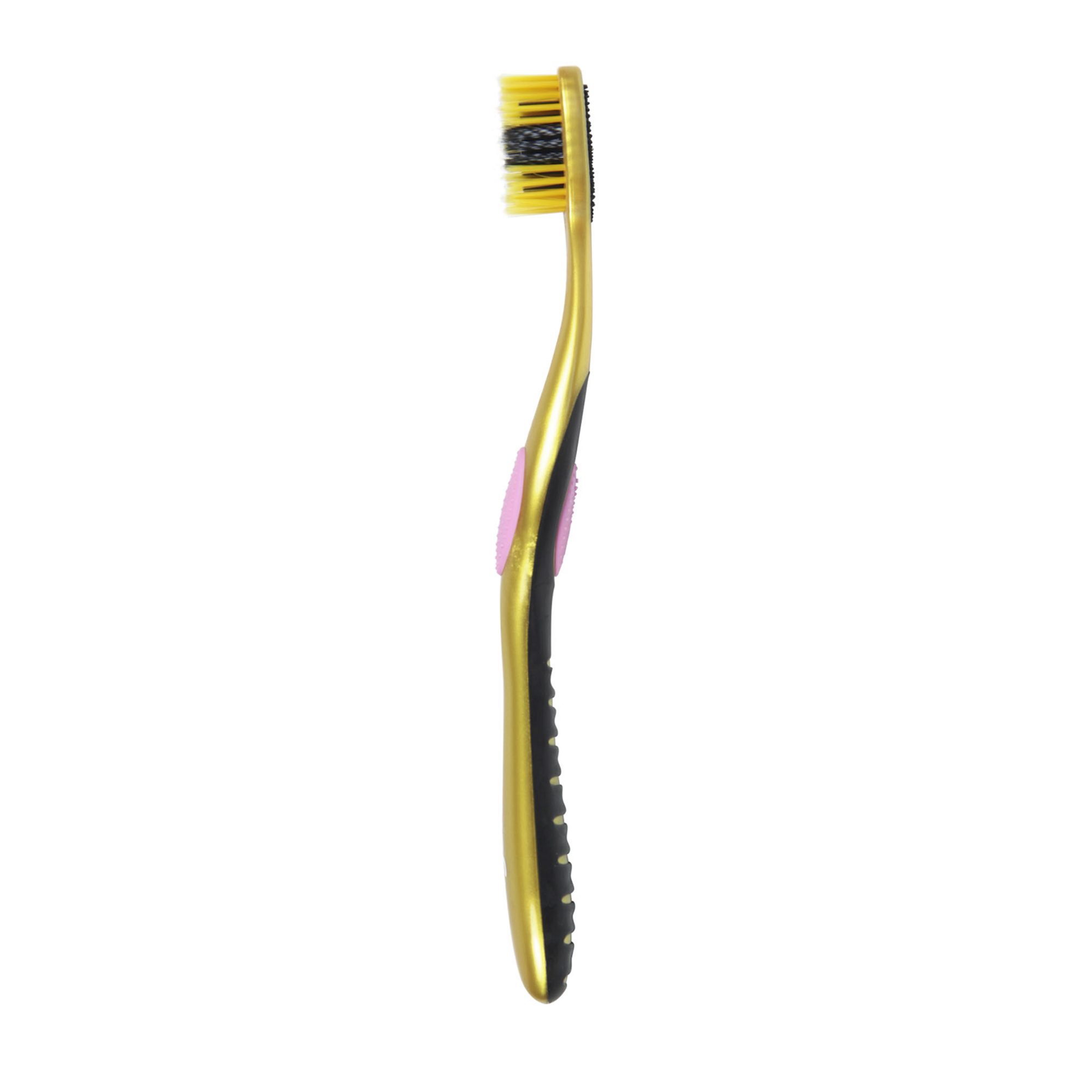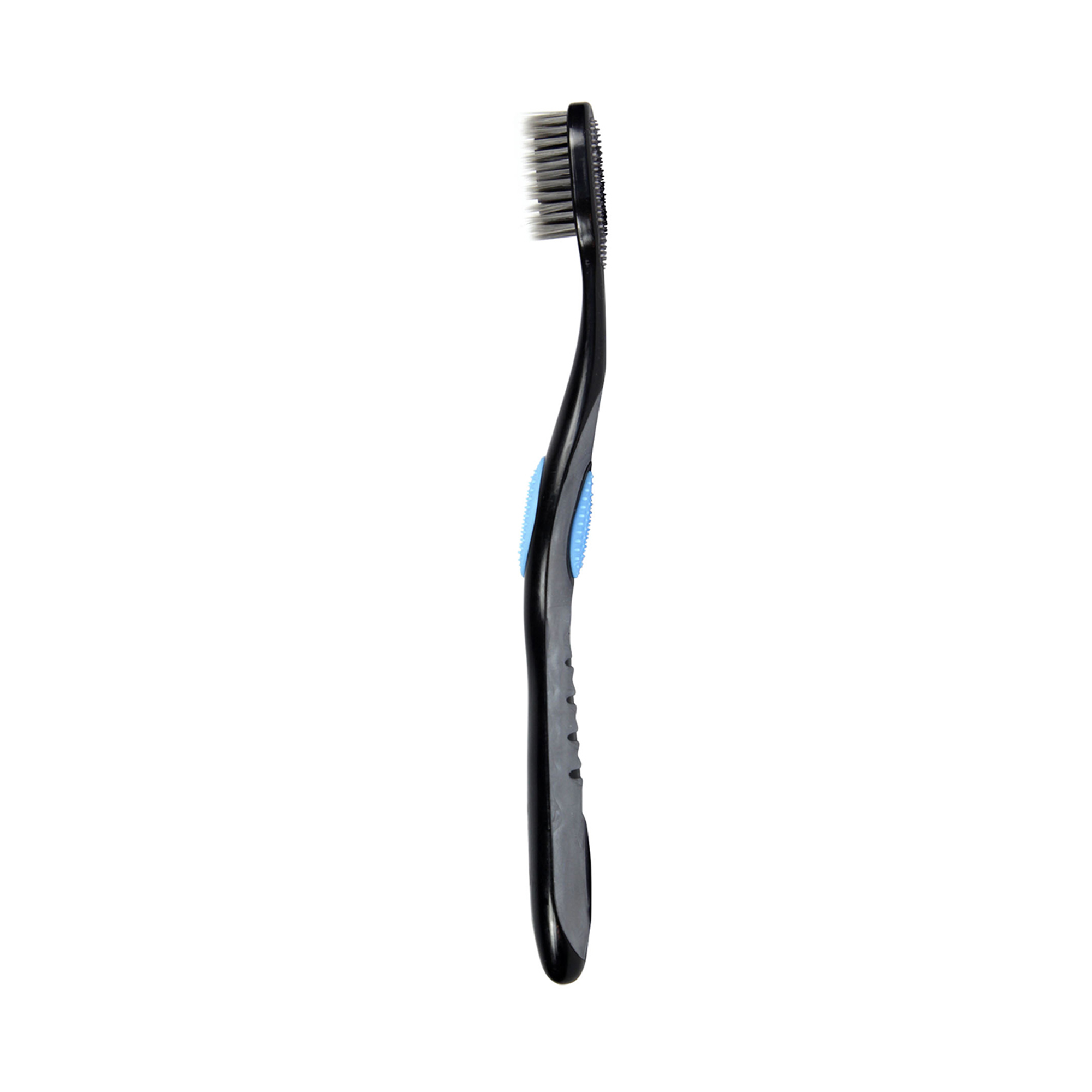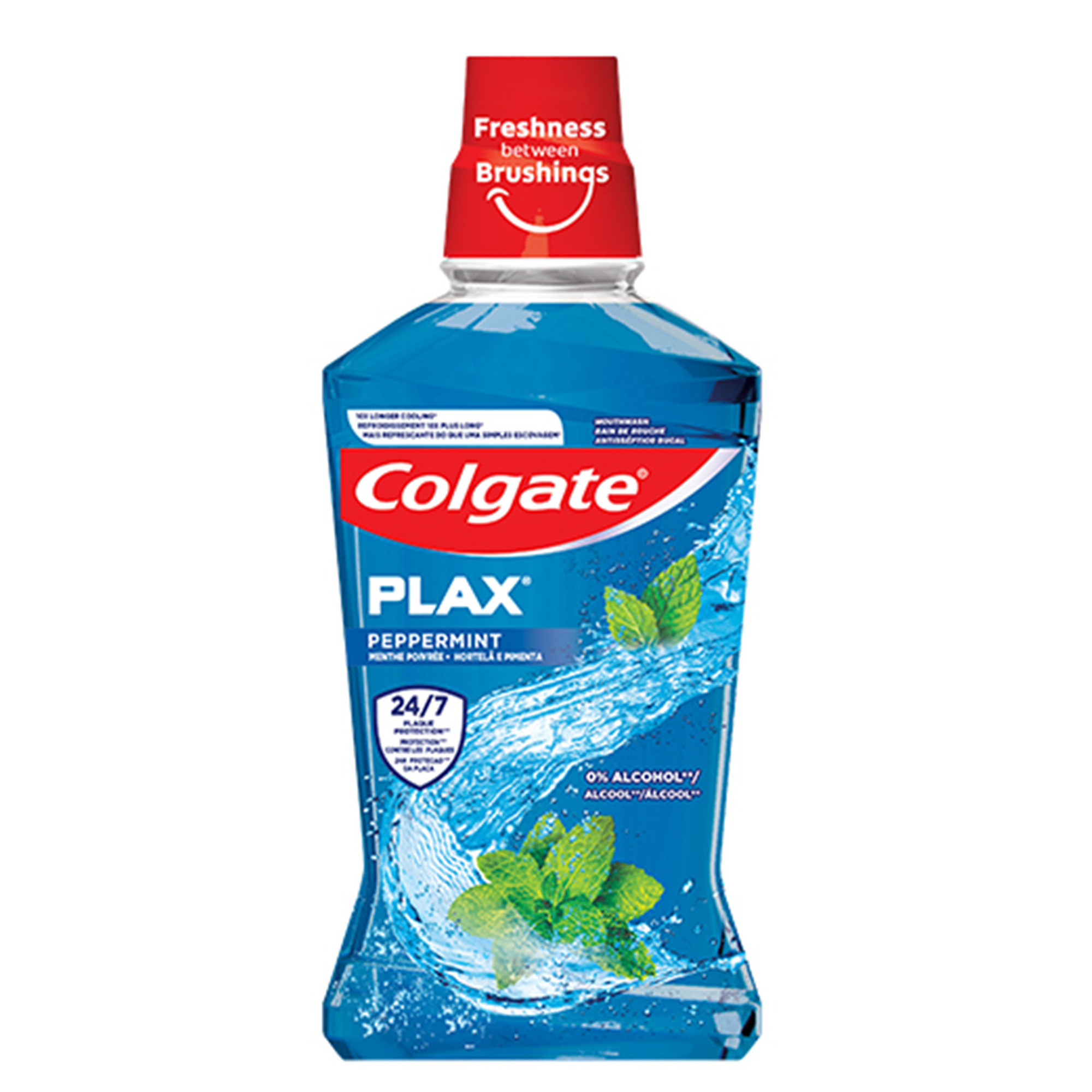Causes of Dry Mouth
Sometimes, a dry mouth is simply the result of not drinking enough water during the day or re-hydrating after strenuous exercise. Temporary dry mouth can also come from stress or nerves – the kind you may experience before speaking in front of a large group of people. More often, however, dry mouth is a side-effect of medication. The Academy of General Dentistry (AGD) estimates there are over 400 medications that cause dry mouth, with diuretics, pain medications, antidepressants and antihistamines among the culprits.
Chronic cases of xerostomia may be a sign of a serious health condition, such as Sjogren's syndrome – an autoimmune disease – as well as AIDS, diabetes, cancer of the salivary glands or alcoholism. People undergoing radiation or chemotherapy for cancer frequently deal with dry mouth over the course of their treatment.
Effects of Low Saliva
Not only does the saliva in your mouth start the process of digestion, but it helps to wash bacteria and food particles off your teeth and neutralize the harmful acids that come with it. Without this natural defense, plaque and bacteria can build up quickly at the base of your teeth, making you more susceptible to bad breath, tooth decay and gum disease. You also lose saliva's ability to help repair and remineralize weak tooth enamel.
The American Dental Association (ADA) suggests dry mouth can lead to oral candidiasis, a fungal infection sometimes referred to as thrush. Sufferers of constant dry mouth are also prone to an uncomfortable condition called burning mouth syndrome. Insufficient saliva can interfere with the ability to taste and make wearing dentures difficult, as well.
Wetting Your Whistle
Whether your dry mouth is temporary or recurring, you'll want to take measures to relieve the dryness in the short term. Sipping water throughout the day, chewing sugarless gum or sucking on sugar-free candy can all help moisten your mouth and stimulate your saliva glands. Besides avoiding caffeine, dry and salty foods, alcohol and cigarettes, your dentist may recommend you use an artificial saliva product depending on the status of your general health. Another viable option, according to the AGD, is acupuncture, which has been shown to increase saliva flow and decrease the symptoms of dry mouth.
Preventing Dental Problems
To prevent any oral complications of dry mouth, don't just keep your mouth as moist as possible; uphold an impeccable oral hygiene routine. Brushing at least twice a day with fluoride toothpaste and flossing daily is a must. Alcohol-free antimicrobial mouthwashes that kill 99% of germs on contact, and regular dental visits will allow you and your dentist to stay on top of the things you can't monitor on your own.
Depending on the severity of your dry mouth, your dentist may ultimately advise in-office fluoride treatments or sealants, which are coatings applied to the chewing surfaces of teeth to protect them against decay. Nonetheless, if you have a constant dry mouth for more than a week, see your dentist or doctor to find the source of the problem. The solution may be as simple as a change in a medication, but whatever the cause, he or she can help you manage the problem and keep your mouth healthy.
Learn more about Sjorgren's syndrome in the Colgate Oral Care resources
This article is intended to promote understanding of and knowledge about general oral health topics. It is not intended to be a substitute for professional advice, diagnosis or treatment. Always seek the advice of your dentist or other qualified healthcare provider with any questions you may have regarding a medical condition or treatment.
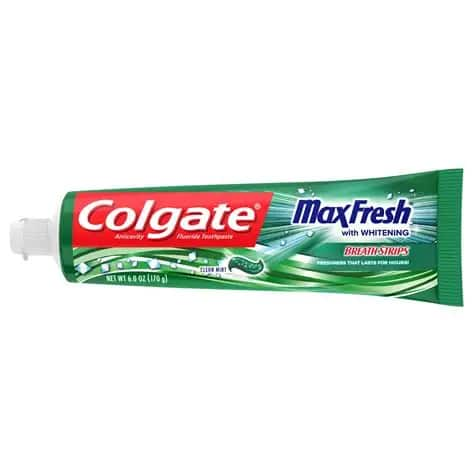
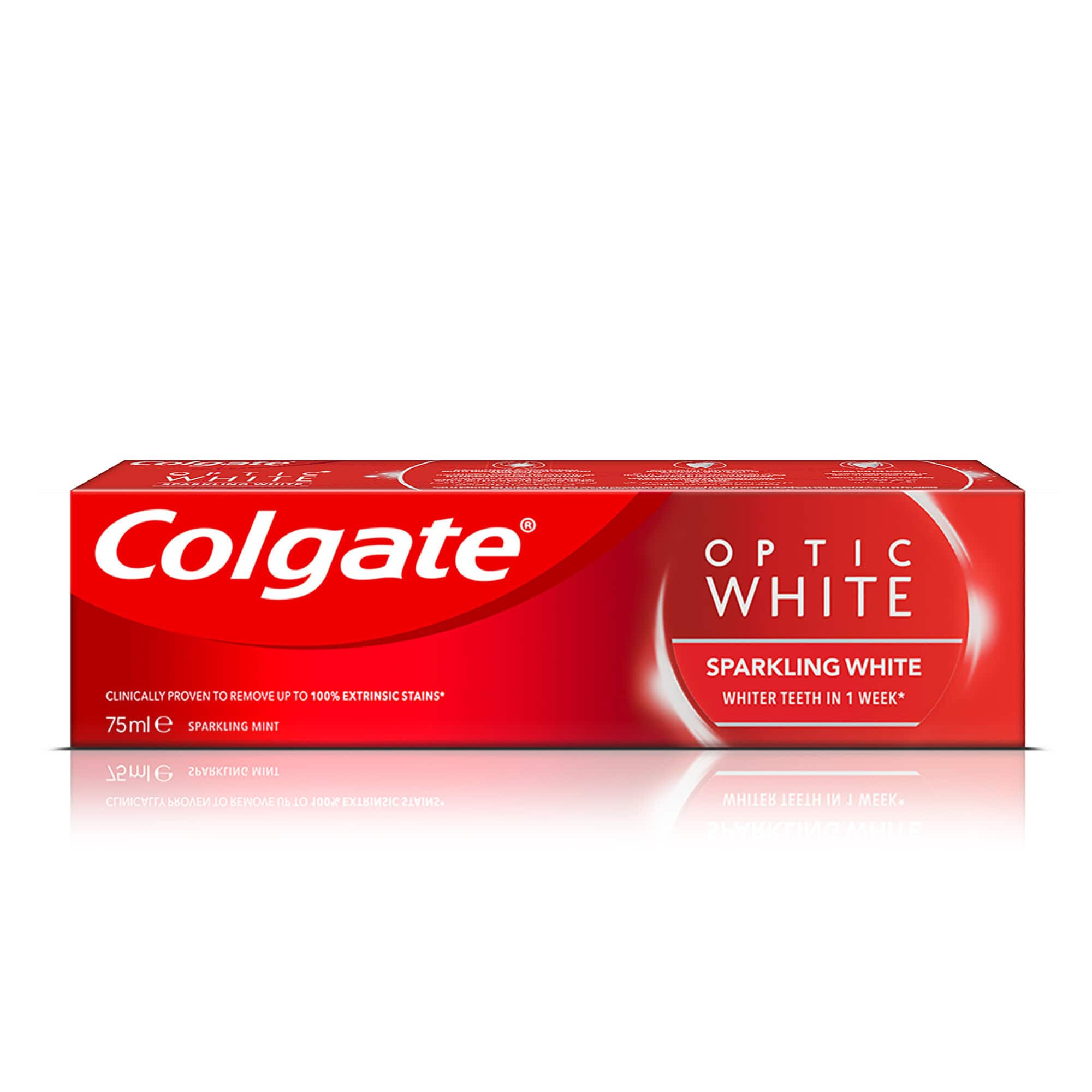
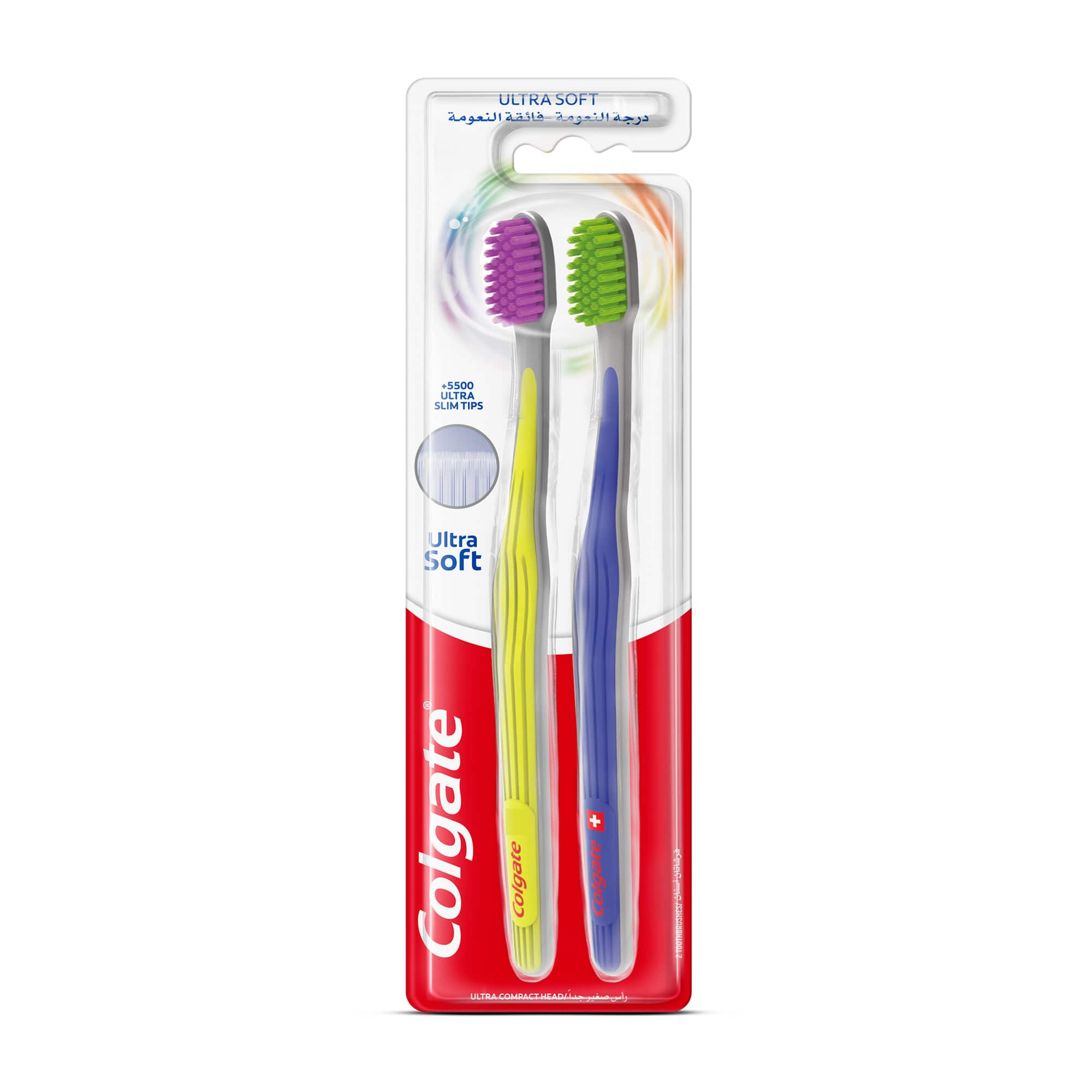



.jpg)


